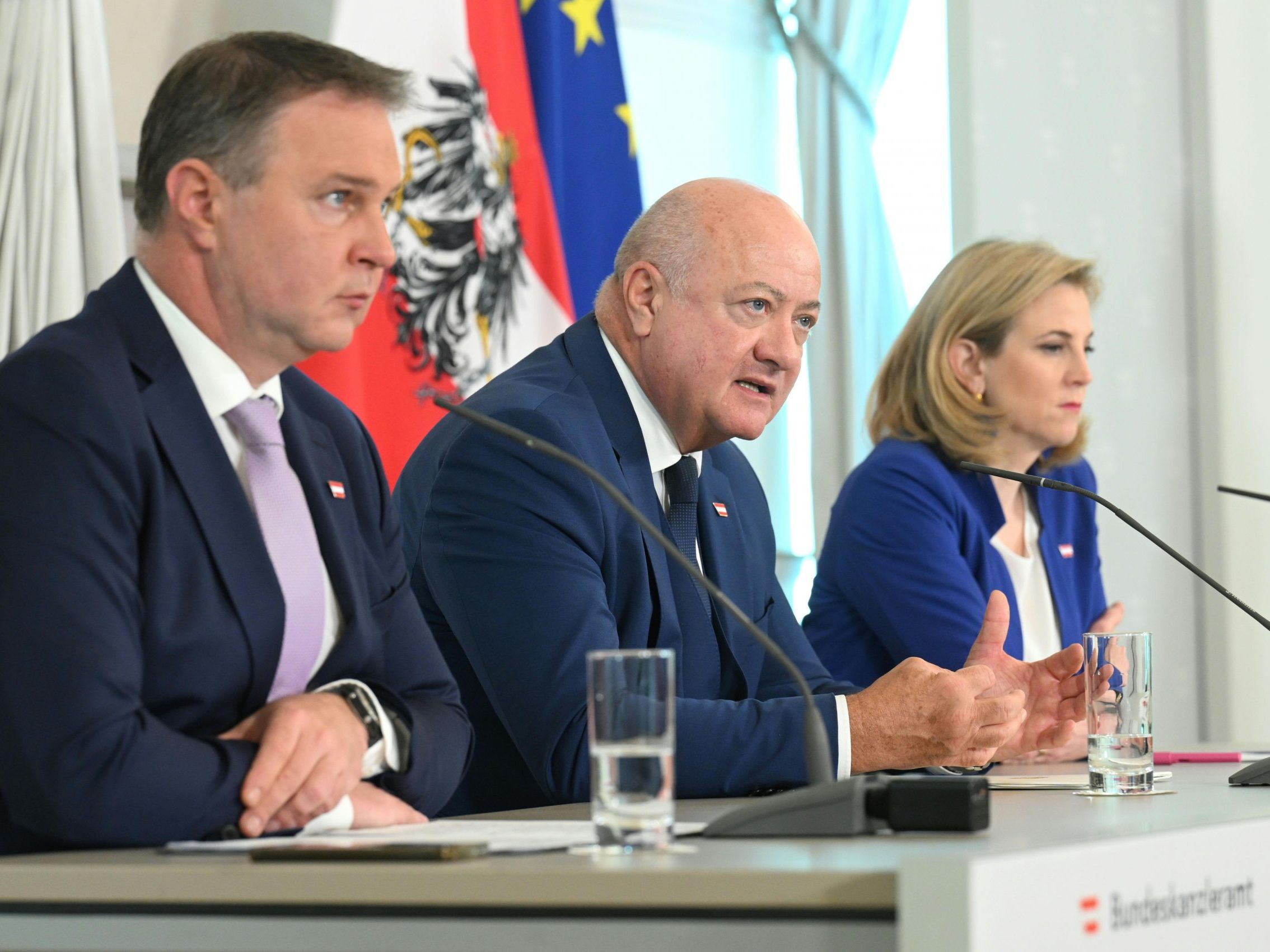Child Benefit and Family Allowance: No Valorization

Family allowance and child benefit will not be adjusted in the coming two years. Family Minister Claudia Plakolm (ÖVP) announced this in writing on Wednesday afternoon. She also announced changes in payments for Ukrainian refugees as part of budget consolidation. Any successor regulation for the agreement expiring in November must contribute to the budget and bring more Ukrainians into the labor market.
It was only in March that the National Council decided to extend the receipt of family allowance and childcare allowance by Ukrainian refugees until the end of October. A few days later, Plakolm announced a task force to evaluate the current rules, as there was suspicion of abuse in some areas regarding the receipt.
Stocker defended savings measures for families
Federal Chancellor Christian Stocker (ÖVP) had already defended the upcoming savings measures for families after the Council of Ministers. "No one will receive less, but the increase will be suspended for two years," he said in the press foyer after the Council of Ministers regarding the question of a stop in the adjustment of family allowance. The VP leader reminded that the annual adjustments did not exist until recently.
It was already confirmed that the adjustment of the child tax credit would be suspended for two years. Now child benefit and family allowance are added.
Current values for family allowance
The latter benefit is paid out in tiers according to age. The current values are: 0-2 years: 138.4 euros per month, 3-9 years: 148 euros per month, 10-18 years: 171.8 euros per month, from 19 years: 200.4 euros per month. On average, according to the family department, 4.20 euros per month will not be paid out due to the non-adjustment. This will save more than 100 million in 2026 and more than 200 million in 2027. For childcare allowance, 30 million will be saved next year, and 55 million in 2027. The adjustments for this year have already been made.
The processing of projects in the Family Ministry is becoming more efficient. Up to ten percent less is being spent on project-based funding. Additionally, expenses in administration are being reduced, including less spending on printed materials.
Stocker emphasized that in times of tight resources, measures are naturally taken that one would prefer not to undertake. However, Austria has one of the highest family subsidies in Europe. NEOS leader Beate Meinl-Reisinger pointed out that something is being done for families even now, namely with the expansion of services in childcare and education.
Anyway, the largest part of the savings exists within the system itself. Enormous efforts are being made at all levels, explained Meinl-Reisinger. Straightening out the budget means nothing other than taking responsibility for taxpayers and future generations.
Vice Chancellor Andreas Babler (SPÖ) did not want to preempt the budget speech of Finance Minister Markus Marterbauer (SPÖ) next week and therefore refrained from commenting on details. He basically stated that he supports the jointly agreed savings.
"One should adhere to laws as much as possible"
Currently, reopening the civil service agreement already decided last year for 2026 is not part of the budget consolidation. It is legally agreed that salaries will be adjusted 0.3 percent above inflation next year, after having remained below inflation by this amount this year.
Stocker left a back door open. If there is a general willingness for restraint in the collective bargaining negotiations of the social partners, the remaining agreements could also be reviewed. But in itself, the civil service increase is legally decided - "and one should adhere to laws as much as possible." State Secretary Alexander Pröll (ÖVP) had mentioned before the Council of Ministers that civil service negotiations usually take place in the fall. The question could still be reviewed internally then.
(APA/Red)
This article has been automatically translated, read the original article here.





